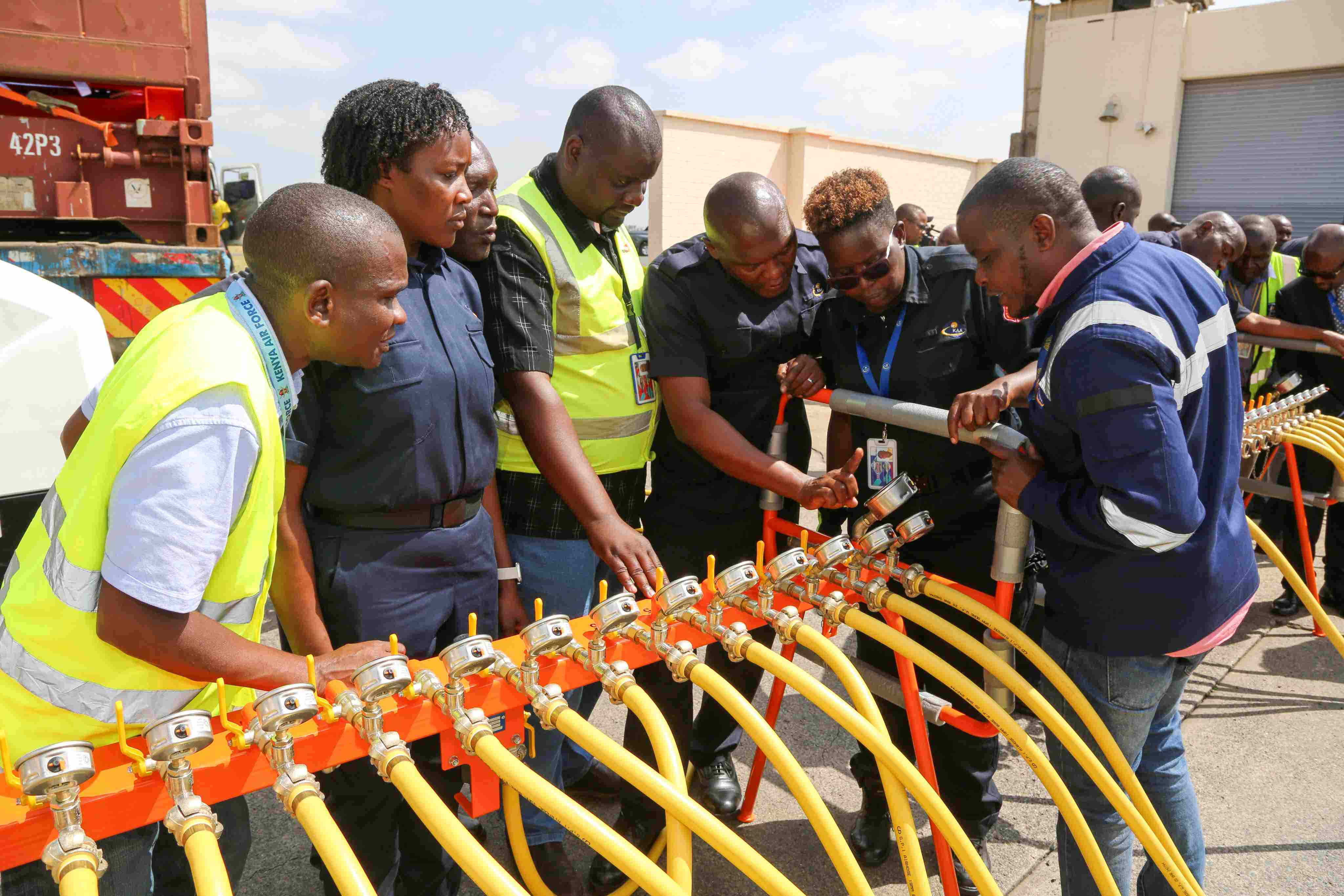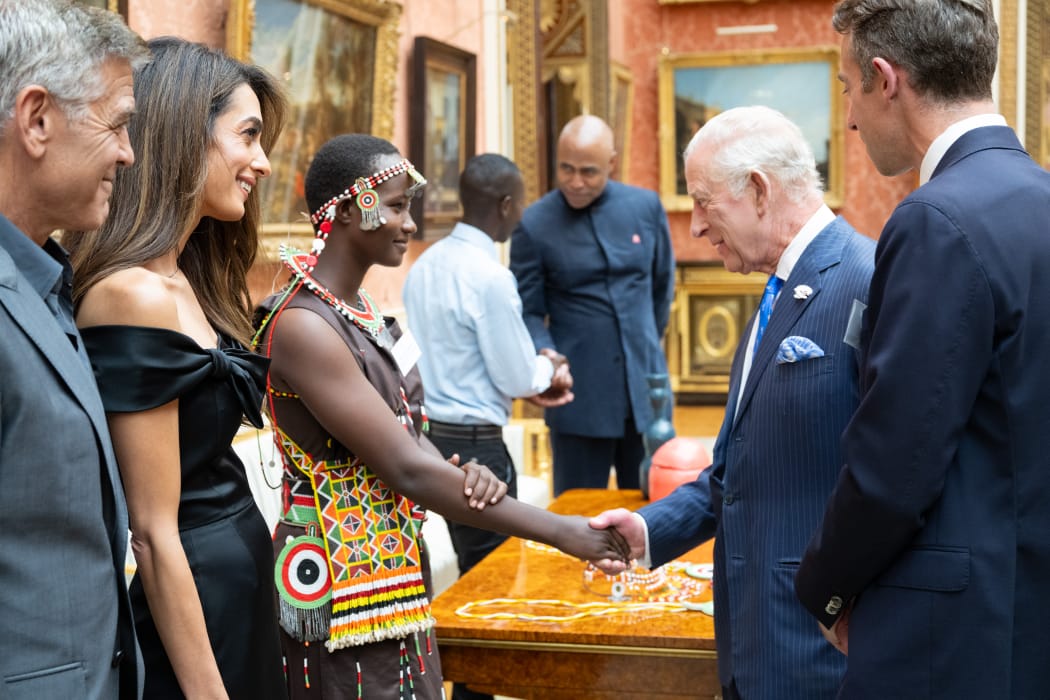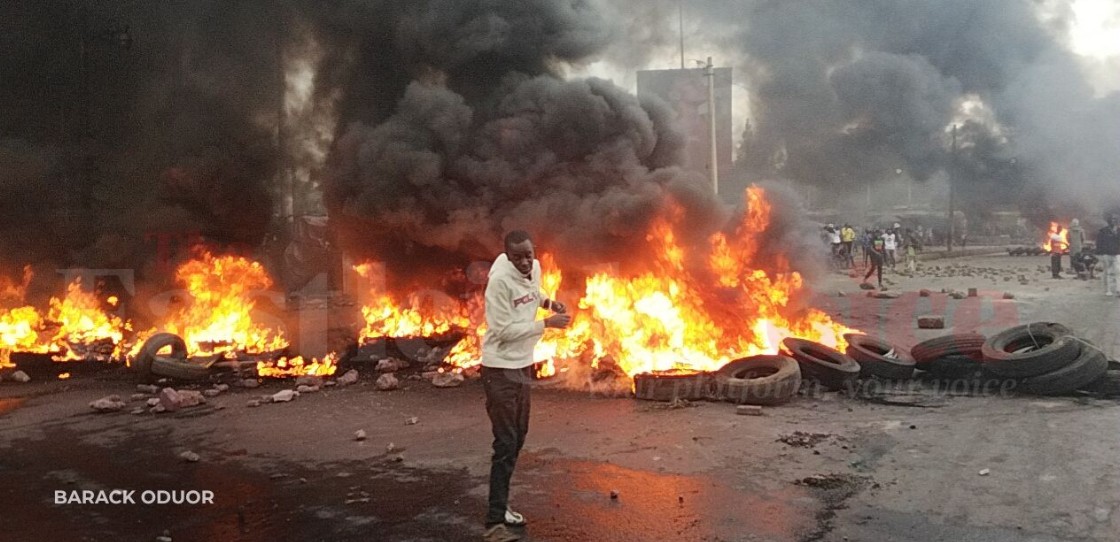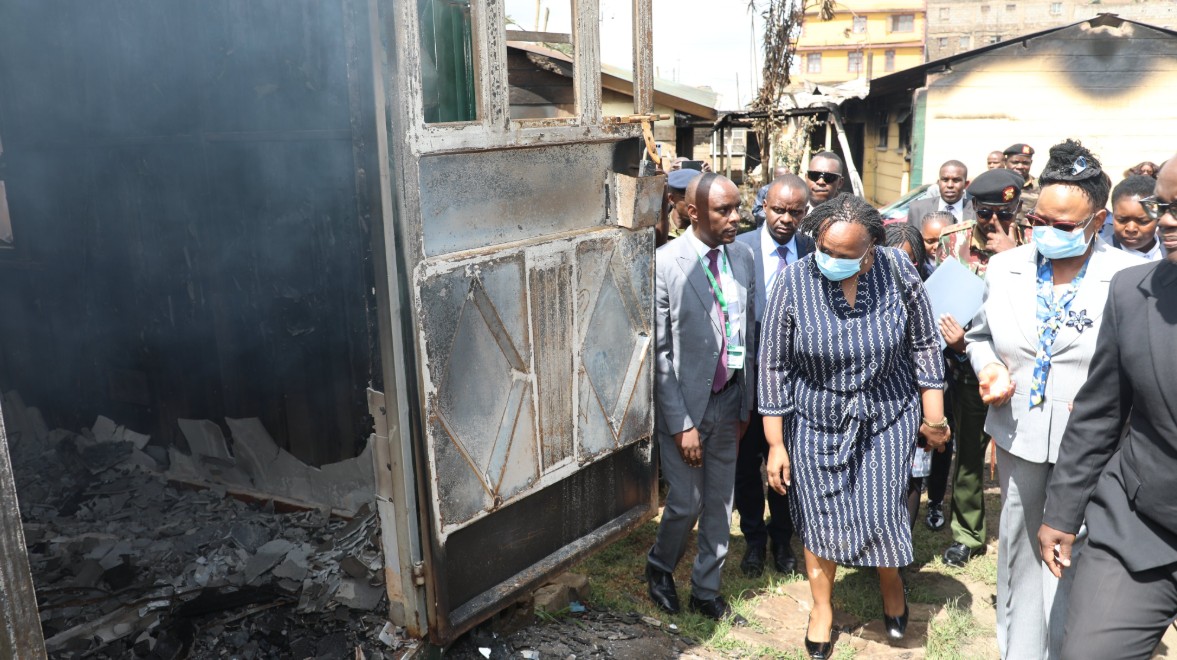Marsabit community petitions Parliament over toxic waste disposal claims
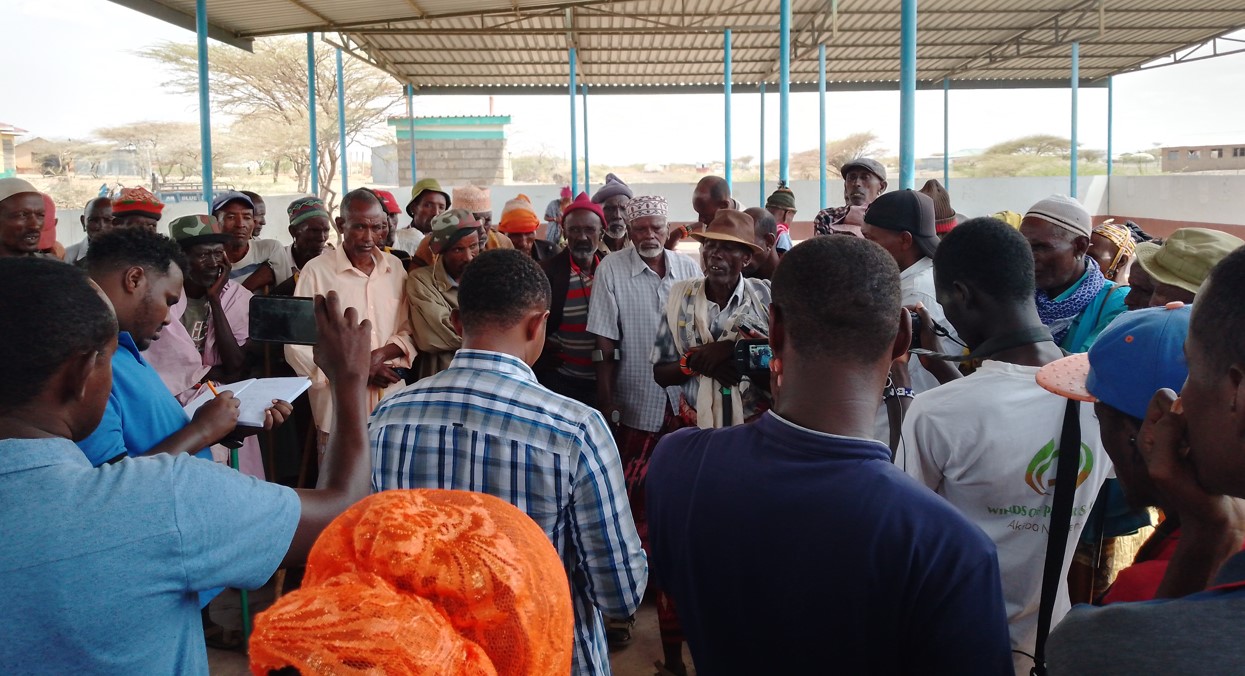
The community wants Parliament to order full disclosure of any relevant information regarding the illegal activities, and order environmental remediation plan for the affected areas to restore them to their habitable state.
The Rendille community in Marsabit County has petitioned the National Assembly to order a comprehensive and independent probe into the alleged disposal of toxic nuclear waste in the region and subsequent legal action against those responsible.
The community, whose members are majorly concentrated in Kargi/South Horr, Karare, Loglogo, Laisamis, Loiyangalani and Korr/Ngurunit wards, wants Parliament to order full disclosure of any relevant information regarding the illegal activities, and order environmental remediation plan for the affected areas to restore them to their habitable state.
Ex-Minister Cyrus Jirongo recently claimed that late President Daniel Moi knowingly dumped toxic waste in Northern Kenya between the late 1980s and early 1990s, leading to high cancer prevalence in the region. These claims have not been officially proven and the government has not issued a statement on the allegations or investigations.
Through community, youth and women leaders, elders, professionals and civil society representatives, the residents appealed for adequate relocation and long-term medical support for people whose health has been affected.
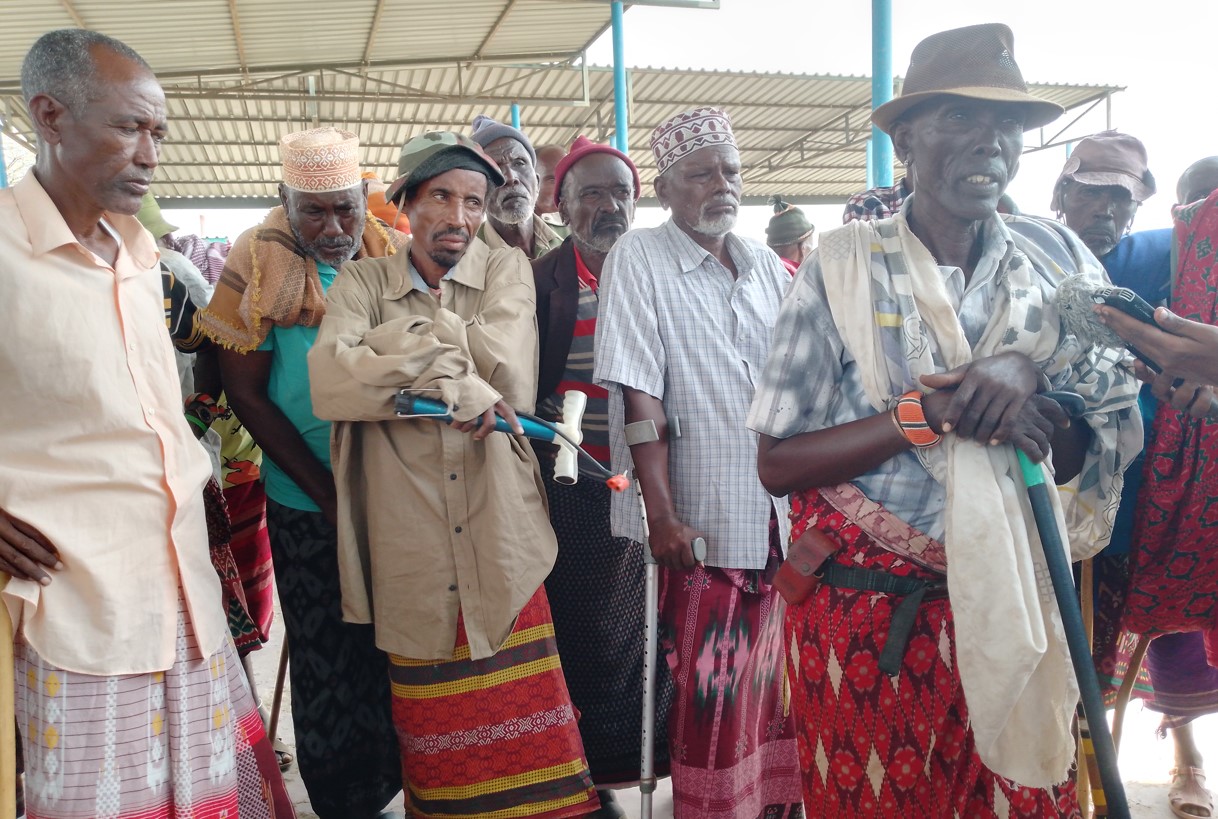 Representatives of Marsabit's Rendille community during a meeting in Kargi on July 7, 2024, on the alleged disposal of toxic waste in the area. (Photo: Waweru Wairimu/EV)
Representatives of Marsabit's Rendille community during a meeting in Kargi on July 7, 2024, on the alleged disposal of toxic waste in the area. (Photo: Waweru Wairimu/EV)
In a memorandum read out by Stephen Basele, they said they had documented close to 1000 cancer-related fatalities across the six wards in the last 10 years, with Kargi leading with 500, all attributed to consumption of contaminated water.
Water from wells and boreholes in the region is often salty and foamy, and results in skin cracks and dryness when used for bathing.
The fatalities were reported in Kargi, Maikona and Korr areas but only 100 families have the victims' health records as their culture dictates that the dead be buried with the documents.
For exposing the families to unnecessary suffering, the community demanded just compensation for families that have lost their loved ones to cancer and the free treatment of patients battling the disease.
"We hold a deep concern for the health, safety and well-being of our people and the integrity of our ancestral lands. We call for the establishment of a compensation process to provide reparations for the suffering endured by the community," the memorandum stated.
They further underscored their unwavering commitment to securing justice and environmental restoration for the current and future generations.
Elder Jeremiah Semeiko who lost his wife to cancer years ago appealed for the establishment of a treatment centre in the county.
"The discovery that she had liver cancer was made at a health facility within Mt Kulal. She died two weeks later," he said, adding that the disease was burdensome as the majority of community members relied on pastoralism which remains under immense threat due to climate change.
He further said all indicators point to the likelihood that the disease was caused by the consumption of contaminated water.
"The massive loss of lives shows the deaths are as a result of a commonly used product. The government should compensate families that have lost their loved ones for the resources they have spent on human-made cancer," another resident said.
The Pastoralists People's Initiative, an organisation that promotes the rights of pastoralist communities, has promised to escalate the concerns to the International Criminal Court if the National Assembly fails to address them in good time.
In 2020, Kargi residents sued the government over claims that international corporations dumped poisonous materials in the area in the 1980s, affecting both human beings and livestock.
More than 7,000 animals died that year from nitrate poisoning after consuming contaminated water in Kargi.
Top Stories Today
Reader Comments
Trending


